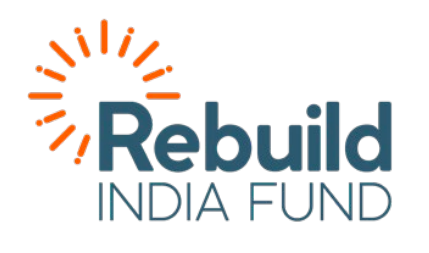Founded: 2006
Headquarters: Mysore, Karnataka
Geographical Focus: Karnataka
Lives Impacted: 7,000
Organization Overview:
Sahaja Samrudha is one of the leaders in traditional agrobiodiversity. They primarily operate in Karnataka where they create market-based models of conserving indigenous seeds/crops via farmer collectivization amongst tribals (Jenu kuruba), minorities and the landless community. Sahaja Samrudha then act as resource agency to advocate these models across the country and influence policy for the same.

